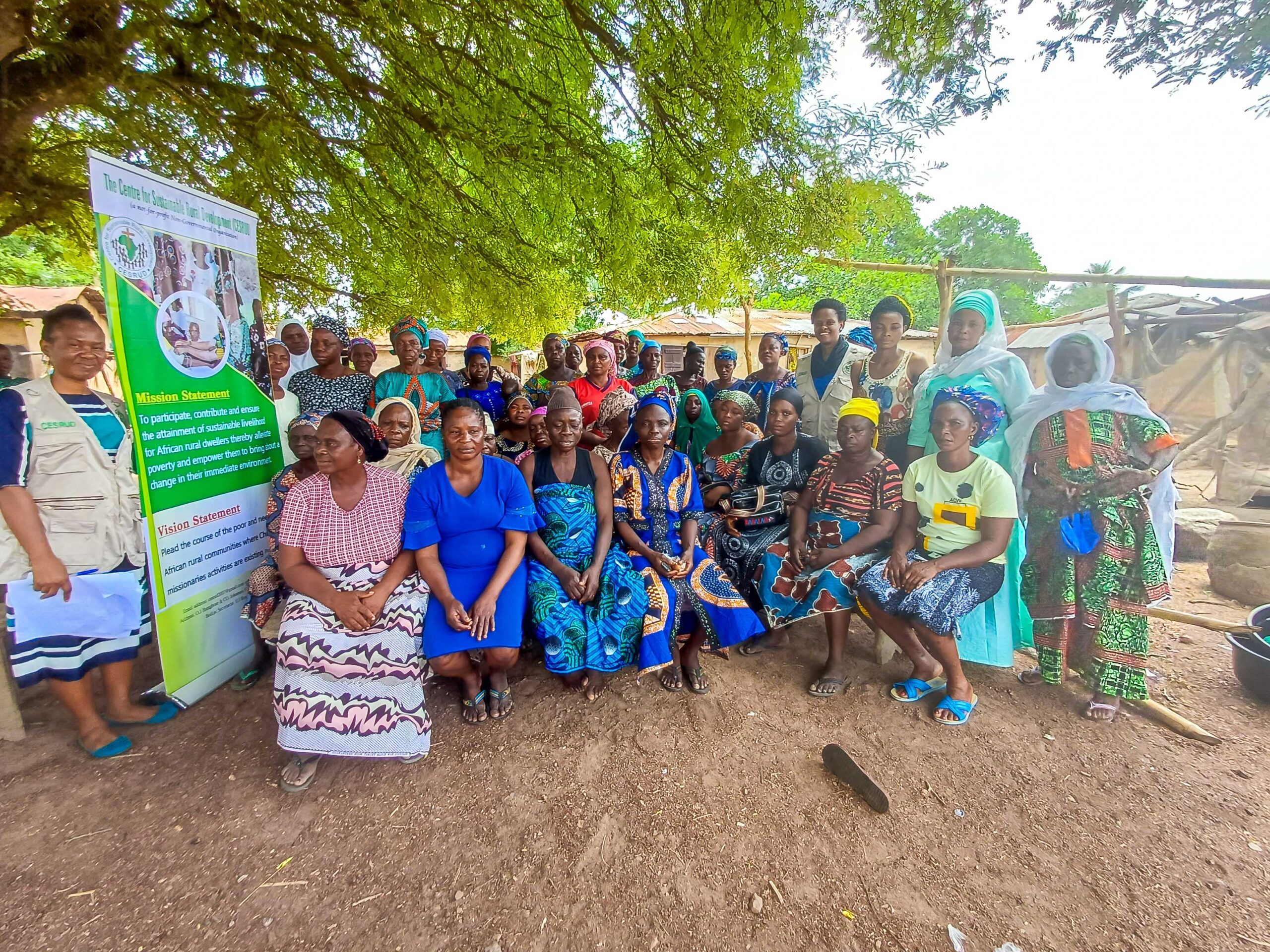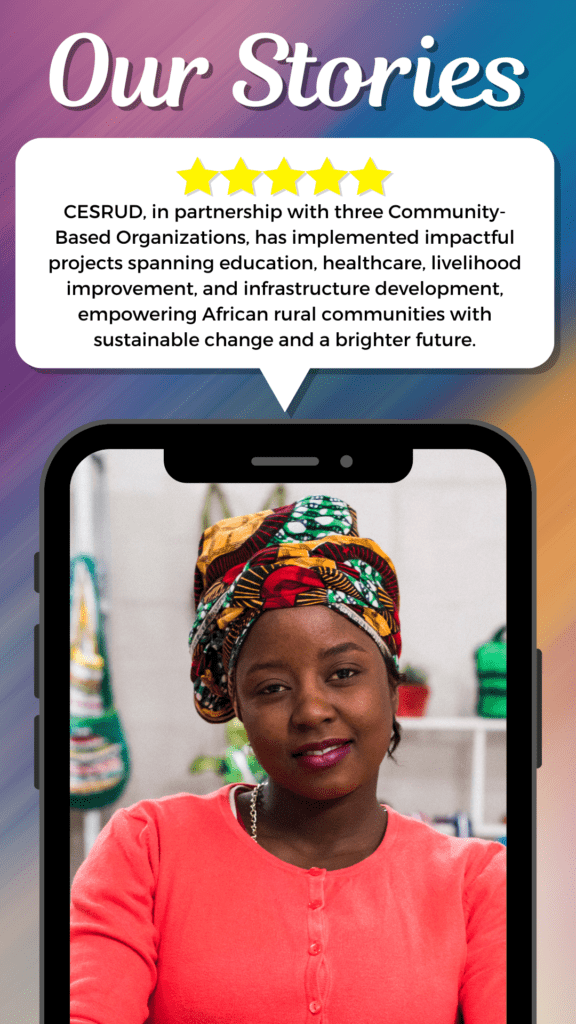Empowering African children is crucial for the sustainable development and progress of the continent. In this comprehensive article, we will explore effective strategies and actionable steps to empower African children, ensuring their long-term well-being and success. Drawing insights from whitepapers, research articles, and reliable organizations, we will delve into key subtopics to provide a detailed understanding of how we can make a significant impact on the lives of African children.
Quality Education for All
Access to quality education is fundamental in empowering African children. By enhancing educational opportunities, we can unlock their potential and equip them with the necessary knowledge and skills for a better future. This subtopic will focus on:
- Enhancing access to education in rural African communities: Addressing infrastructure gaps, promoting school enrollment, and overcoming barriers to education.
- Improving the quality of teaching and learning: Training and supporting teachers, implementing innovative teaching methods, and integrating technology in classrooms.
- Addressing gender disparities in education: Promoting girls’ education, challenging gender stereotypes, and providing equal opportunities for all children.
- Promoting inclusive education for children with disabilities: Creating inclusive learning environments, providing specialized support, and advocating for inclusive policies.
Nurturing Health and Well-being
The health and well-being of African children are essential for their overall development. This subtopic will explore strategies to improve access to healthcare, promote healthy lifestyles, and address mental health challenges. Key points include:
- Ensuring access to healthcare services in rural areas: Strengthening healthcare infrastructure, increasing medical personnel, and providing essential healthcare services.
- Combating malnutrition and promoting healthy diets: Implementing nutrition programs, supporting agricultural initiatives, and educating communities about balanced nutrition.
- Enhancing sanitation and hygiene practices: Promoting clean water sources, building sanitation facilities, and educating children and communities about hygiene practices.
- Addressing mental health challenges among African children: Increasing awareness, providing counseling services, and integrating mental health support into educational and healthcare systems.
Child Protection and Safeguarding
Protecting children from exploitation, abuse, and neglect is paramount to their empowerment. This subtopic will focus on strategies to strengthen child protection systems and create safe environments for children. Key areas of discussion include:
- Preventing child labor and exploitation: Advocating for stronger legislation, raising awareness, and promoting alternative educational opportunities.
- Combating child trafficking and abuse: Enhancing surveillance and monitoring, providing support for victims, and strengthening collaboration between stakeholders.
- Strengthening child protection systems and legislation: Improving child protection policies, establishing reporting mechanisms, and supporting child protection organizations.
- Empowering children through awareness and education: Equipping children with knowledge about their rights, promoting self-advocacy, and fostering a culture of child participation.
Skills Development and Youth Leadership
Equipping African children with relevant skills and nurturing their leadership qualities is vital for their future success. This subtopic will explore strategies to foster skill development and empower youth to become agents of change. Key areas to be covered include:
- Promoting vocational training and entrepreneurship: Providing vocational education opportunities, supporting entrepreneurship initiatives, and connecting youth with job markets.
- Fostering digital literacy and technological skills: Introducing digital literacy programs, expanding access to technology, and promoting innovation among African children.
- Cultivating leadership qualities and civic engagement: Encouraging youth to take on leadership roles, promoting community engagement, and fostering a sense of social responsibility.
- Encouraging mentorship and role modeling: Establishing mentorship programs, connecting children with positive role models, and inspiring them to reach their full potential.
Community Engagement and Participation
Engaging communities is vital to create a supportive and enabling environment for African children. This subtopic will discuss strategies to involve parents, caregivers, and local communities in the empowerment process. Key points to be covered include:
- Engaging parents, caregivers, and local communities: Promoting parental involvement in education, conducting community awareness campaigns, and fostering partnerships.
- Collaborating with stakeholders for sustainable change: Building partnerships with government agencies, NGOs, and community-based organizations to leverage resources and expertise.
- Creating safe spaces for children’s participation and decision-making: Establishing platforms for children to express their opinions, involving them in decision-making processes, and promoting child-friendly spaces.
- Advocating for children’s rights at local and national levels: Raising awareness about child rights, influencing policies, and advocating for legislative changes to protect children’s interests.
Empowering African children is a collective responsibility that requires a multi-faceted approach. By implementing the strategies discussed in this article, we can make a significant impact on the lives of African children, unlocking their potential and contributing to the continent’s future. Together, let us strive to create an inclusive and nurturing environment that empowers every African child to thrive and become a catalyst for positive change.



Leave a Comment
Posted: July 2, 2023 by Jones Profit
Empowering African Children: Strategies for Long-Term Impact
Empowering African children is crucial for the sustainable development and progress of the continent. In this comprehensive article, we will explore effective strategies and actionable steps to empower African children, ensuring their long-term well-being and success. Drawing insights from whitepapers, research articles, and reliable organizations, we will delve into key subtopics to provide a detailed understanding of how we can make a significant impact on the lives of African children.
Quality Education for All
Access to quality education is fundamental in empowering African children. By enhancing educational opportunities, we can unlock their potential and equip them with the necessary knowledge and skills for a better future. This subtopic will focus on:
Nurturing Health and Well-being
The health and well-being of African children are essential for their overall development. This subtopic will explore strategies to improve access to healthcare, promote healthy lifestyles, and address mental health challenges. Key points include:
Child Protection and Safeguarding
Protecting children from exploitation, abuse, and neglect is paramount to their empowerment. This subtopic will focus on strategies to strengthen child protection systems and create safe environments for children. Key areas of discussion include:
Skills Development and Youth Leadership
Equipping African children with relevant skills and nurturing their leadership qualities is vital for their future success. This subtopic will explore strategies to foster skill development and empower youth to become agents of change. Key areas to be covered include:
Community Engagement and Participation
Engaging communities is vital to create a supportive and enabling environment for African children. This subtopic will discuss strategies to involve parents, caregivers, and local communities in the empowerment process. Key points to be covered include:
Empowering African children is a collective responsibility that requires a multi-faceted approach. By implementing the strategies discussed in this article, we can make a significant impact on the lives of African children, unlocking their potential and contributing to the continent’s future. Together, let us strive to create an inclusive and nurturing environment that empowers every African child to thrive and become a catalyst for positive change.
Category: African children